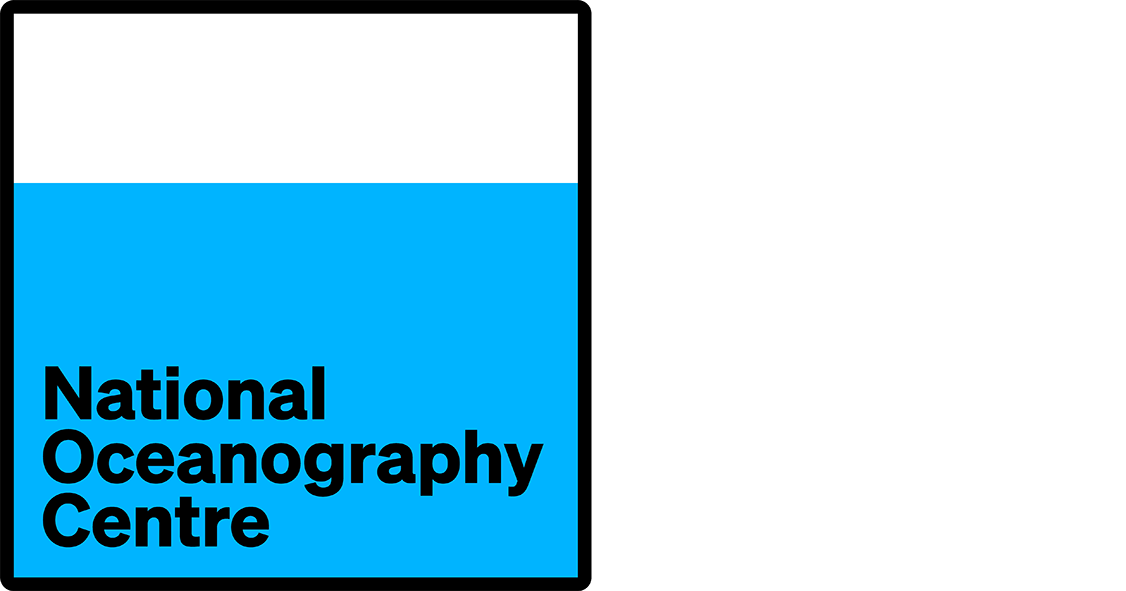- Resources
- Inventories
- Cruise inventory
- Report
- 13822
FS Polarstern ANTXXVI/1
Cruise plan
| Cruise Info. | |
| Ship name (ship code) | FS Polarstern (06AQ) |
| Cruise identifier | ANTXXVI/1 |
| Cruise period | 2009-10-16 — 2009-11-25 |
| Status | Completed |
| Port of departure | Bremerhaven, Germany |
| Port of return | Punta Arenas, Chile |
| Purpose | Research |
| Objectives | Continuous investigations of atmospheric and marine properties and energy and material fluxes between ocean and atmosphere.
The following projects will be carried out: Autonomous measurement platforms for energy and material exchange between ocean and atmosphere (OCEANET - Atmosphere & Ocean). In order to provide a solid basis for the observational monitoring of energy and material exchange between ocean and atmosphere it is planned to develop an autonomous observation system for operational use onboard available cargo- and research vessels. The project is based on a network of expertise from IFM-GEOMAR (CO2-/O2-fluxes, photosynthetic status, energy budget, remote sensing), IfT (lidar measurements), the GKSS research center (ferry box, remote sensing of marine biology with ENVISAT/MERIS) and AWI-Bremerhaven (CO2-system, marine infrastructure of Polarstern). Abyssal temperature fluctuations in the Vema Channel. The primary objective is to revisit the Vema Sill and Extension sites for additional high precision CTD observations of the coldest AABW in the Vema channel. Test of a mobile 2 x 20´container Hatlapa friction winch with a JDR umbilical cable. During the transfer to Las Palmas we will conduct a test programme of mobile 2 x 20´container Hatlapa friction winch with a JDR umbilical cable. The mobile winch is not serviceable with the JDR umbilical cable in its present condition. The test programme aims to restore the operability of the winch with the JDR cable. Sea trial and tests of the fibre optical 18 mm cable (LWL) and the telemetry system. A new 18 mm fibre optical cable as well as the corresponding telemetric system shall be tested under realistic sea conditions. Sea trial and tests of the upgraded under water navigation system "POSODONIA". Following a first operational sea trial during ARK XXIII/1 and 2 a final test shall be performed during this cruise. Occurrence, distribution and isotopic composition of volatile organohalogens along a North-South transect of the Atlantic Ocean. Natural sources have been found to contribute to the input of volatile organohalogens to the environment. However, information on extension of the natural contribution is still scarce. During the Polarstern cruise the concentrations and isotopic distribution of volatile organohalogens in air and surface water along a North-South transect will be measured continiously. Aerosol remote sensing with FUBISS sun and sky radiometer. The multispectral Vis/NIR sun- and sky-radiometers FUBISS-ASA2 and FUBISS-ZENITH will be used for the remote sensing of aerosols along the ship's path. Diversity and activity of diazotrophic cyanobacteria. Phylogenetic diversity and metabolic activity of nitrogen-fixing microorganisms will be determined along the meridional transects by molecular biological methods as well as with microcosm experiments carried out on board. Parasound: system testing and training under expedition conditions - installation of video grab and MSCL. Cruise participants will be trained in the self-efficient operation of the new hull-mount Parasound system P-70. Student training will be part of the POLMAR Graduate School. For the following cruise ANT-XXVI/2 a Multi-Sensor Core Logger (MSCL) will be installed and calibrated. |
| Chief scientist | Andreas Macke (GEOMAR Helmholtz Centre for Ocean Research, Kiel (West Shore Campus)), Saad El Naggar (Alfred Wegener Institute, Helmholtz Centre for Polar and Marine Research) |
| Cruise programme | |
| NPRC | |
| Ocean/sea areas | |
| General | Atlantic Ocean |

